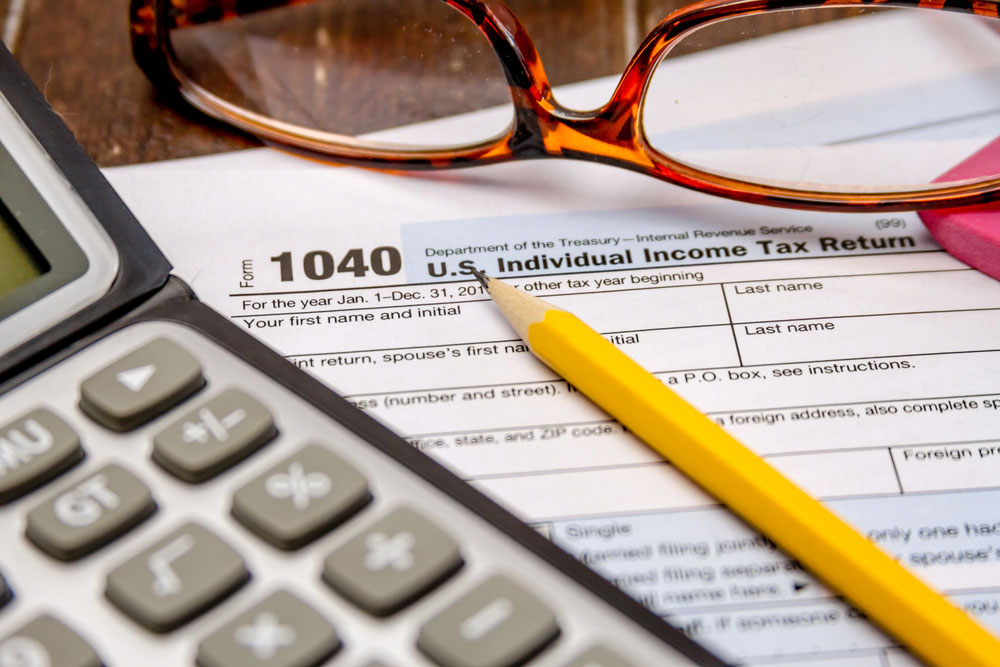
The federal income tax extends from April 15 to May 17 or July 15 in some states for 2021. However, taxpayers who have applied for an extended tax return have until October 15 to file their paperwork. Individual and business extended tax returns explained, along with important dates and potential penalties But how does one get an extension? Is anyone eligible?
The tax season is still ongoing for this group of people and the fast-approaching deadline. We have gathered some useful information about tax extensions to help you file your return on time and avoid mistakes and penalties. And if you still have doubts or need professional support with your tax planning and preparation, contact a financial advisor.
What is a tax-filing extension and how to file
An extended tax return extends the deadline to file paperwork up to six months after the federal tax deadline. For individual income extended tax returns, the extension is requested by submitting Form 4868 through a tax specialist, tax software, or the Free File option on the Internal Revenue Service (IRS) website. For business income tax returns, the extension is requested by submitting Form 7004.
If you fail to file your return by the deadline, you will face penalties. If you, for some reason, are unable to file your paperwork by the deadline, you must file for an extension. In addition, the request form must be filed no later than the federal tax deadline. A refund extension is granted automatically when you have a refund due to you, in which case penalties do not apply.
Filing an extended tax return doesn’t mean an extension for tax payment
Your extended tax return is linked to your federal income tax payment. This means, filing an extended tax return will grant you an extension to file your paperwork, but you still need to pay your estimated tax by the standard April deadline. Failure to pay may push your filing deadline, but you’ll incur penalties for non-payment.
In many cases, if you know you will owe money to the IRS for that tax year, you can make a payment using the IRS payment portal, and it will often trigger an automatic extension.
From IRS.gov:
“You can also get an extension by paying all or part of your estimated income tax due and indicate that the payment is for an extension using Direct Pay, the Electronic Federal Tax Payment System (EFTPS), or a credit or debit card. This way you won’t have to file a separate extension form and you will receive a confirmation number for your records.”
The same payment rules apply to business income taxes. By filing Form 7004 requesting an extension, the business still needs to pay its taxes by the filing deadline (which was May 17 in 2021) but wait until October 15 to file the return.
Penalties
Even if you can’t pay on the due date, it’s important to at least file on time, as late filing penalties are usually higher than late tax payment penalties. The failure-to-pay penalty is 0.5% of your total taxes due for every month of unpaid taxes. But if you can’t pay it on time, it’s possible to request an Installment Agreement through the IRS website, which will break the total amount down for easy monthly payments.
Anyone is eligible for an extended tax return
Anyone can request an extension to file a return, regardless of their income or filing status. In most cases, it is unlikely that a taxpayer whose extension request is submitted correctly and who does not owe any tax money will be rejected. The IRS does not demand explanations for extension requests. However, you must submit the relevant and properly completed form on time.
The IRS no longer notifies when an extension has been approved, but one will be informed of the opposite. The application must be completed properly. Details that are not correct or incomplete may cause the rejection of the extension application. In this case, it’s possible to amend your application and resubmit it to the IRS within 5 days.
Getting help filing your taxes
Still unsure? Have you yet to file your federal income tax this year? A tax specialist can save you time and help you avoid penalties and interests. Don’t wait until the last minute! Get professional support to prepare and optimize your taxes now.
With the final extended deadline to file a return in 2021 approaching, an excellent team of accountants and tax specialists will be able to help you with all kinds of tax circumstances and situations.
Resources
Electronic Federal Tax Payment System (EFTPS)
